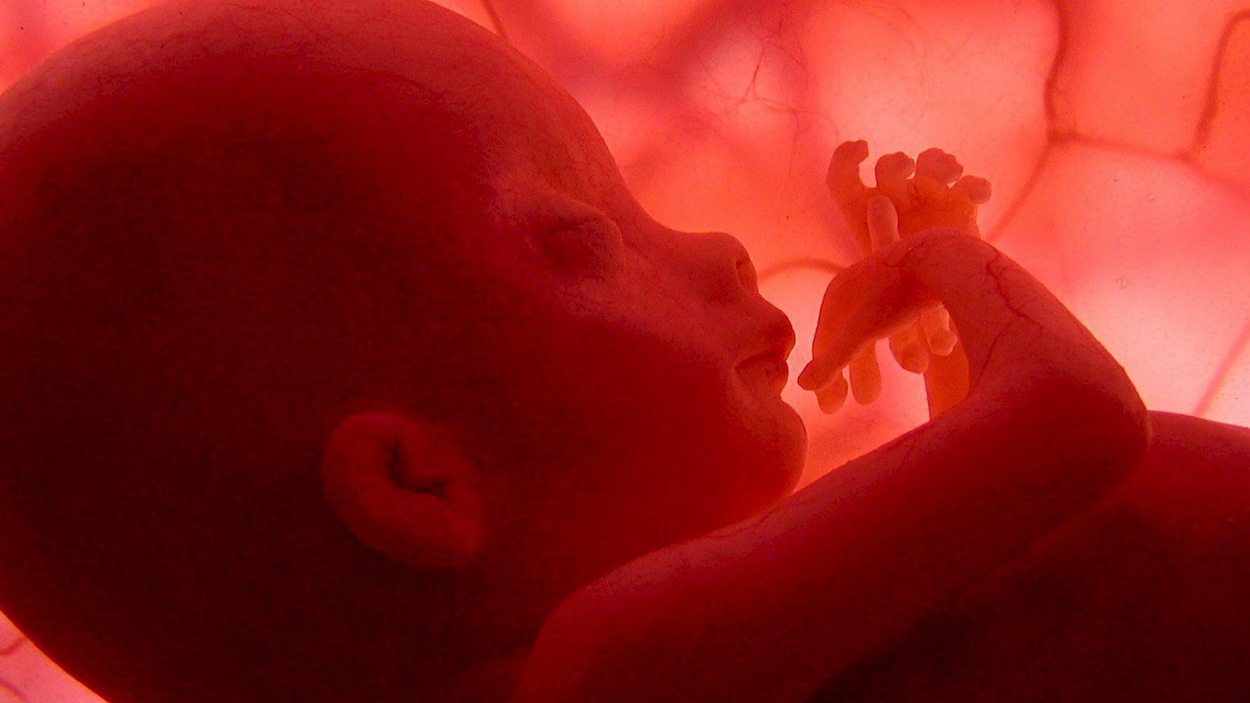One of the major issues in bioethics continues to be when a being has “rights.” This is referred to as having “moral status.” For example, if you argue that a child in the womb has no moral status, aborting such a life has less challenges. Abortion advocates for years have used this tactic to argue that embryos are not sentient beings and thus, have no moral status. The use of and destroying embryos in research is less and less disputed.
Moral status over the last decade has led to arguments whether laboratory animals used in testing “have rights.” What was usually academic arguments on whether chimeras have moral status is evolving to real world situations. A chimera is a creature with DNA, cells, tissues or organs from two or more individuals. Technically, it is formed from at least four parent cells where each population of cells keeps its own character. The resulting organism is a mixture of tissues. The research objective for chimeras has been to study alleviating or curing neurological diseases and injuries. Bioethical arguments focus on studying at what point does a chimera with human cells become “human enough” to have moral status.
While we often hear the sensational stories in the news and these topics are popular fodder for bioethics discussions, pro-life advocates need to take note as well. In discussing chimeras recently in a bioethics lecture, I warned it is only a mater of time before some lab “goes too far.”
Moral Status in the News
In his article “Scientists Kill Embryo Research Time Restrictions,” recently published in Stem Cell Research, W.J. Smith reminds us that scientists have traditionally claimed to restrict embryo-destructive research to 14 days because of advocates who say the neural system begins to form after 14 days. Smith challenges the sincerity of this notion because “the 14 day restriction was accepted only because researchers couldn’t maintain embryos in a dish for longer than that.” Fourteen days after fertilization is also approximately when implantation in the womb is normally completed.
Now that advances in technology allow laboratories to maintain embryos beyond 14 days, the restriction in embryo-destructive research is being challenged. The International Society for Stem Cell Research (ISSCR) has recently removed the 14-day restriction and recommends against setting any time limits. Potential “benefits” of studying human embryos beyond the 14-day limit include studying how early development disorders originate which could lead to therapies that treat infertility, developmental disorders and failed pregnancy.
Bioethics professor Insoo Hyun at the Case Western Reserve University School of Medicine is among those that propose six principles to be considered: 1) scientific justification, 2) well-defined increments, 3) independent peer review, 4) public dialogue, 5) informed consent and 6) separation of clinical care and research. Studies must justify that the study goals cannot be met by other means in order to culture human embryos longer than the current 14-day limit. The decision to extend the embryo culture must have frequent interim evaluations and reassessment. Each proposal should be peer-reviewed by qualified scientists and ethics committees by regulators and include public disclosure. Specific consent from the dispositional authority or donors must be obtained before the culture is extended. Finally, the research protocols must be separate from the intent of clinical decisions for fertility treatments.
During the COVID-19 pandemic, we often heard it promoted that we must “follow the science.” That is true in reviewing data, but not in morality. Human life must be protected regardless of its utilitarian benefit. Science must be bounded by moral limitations. Just because we can, does not entail that we should. We need to stand up, take notice, and say “no.”
Accordingly, Senator Schumer (D-NY) sponsored The Endless Frontiers Act, passed the Senate this month without adopting the GOP sponsored amendment to restrict chimera research from using federal funds. The $250 billion act promotes emerging biotechnologies to help the U.S. better compete with “Chinese innovation.” In the Principle of Biomedical Ethics textbook, the authors note in the most recent 5th edition (2019) that no “human-nonhuman chimera has been allowed to progress past early fetal stages.” Yet, just two years later we must note that the “innovation” that Senator Schumer wants to compete with reported this past April that the creation of human-monkey embryos has lasted 20 days in a laboratory.
From Science Fiction to Bioethics
Unfortunately, yesterday’s science fiction is becoming today’s bioethical challenges. While chimeras are not The Fly, does anyone not see the same path is opening for journey? Perhaps we have been numbed by watching “colorful” guests on Jerry Springer and Mort Downey in the 1980s. What was comical then has become reality in our culture now. Homosexuality has become a “pride” issue, abortion is a matter of choice and life decisions are becoming based on convenience and utility. A culture that calls us to “follow the science” ignores the science of chromosomes and that the “gay gene” was not discovered in the human genome project. That “science “does not support their agenda.
Moral status can not be reduced to agenda. Are we going to continue to let scientists decide for us when human life has intrinsic value? If life begins at conception as Catholic Moral theology teaches us, then arbitrary limits on the moral status of unborn life must continue to be brought to light and continually challenged.
No perceived benefit can be justified from an evil act. We can no long sit idly by and assume the worst is not going to be created or life destroyed in our laboratories. As when have seen in this decade, our silence is taken as an implicit approval.








